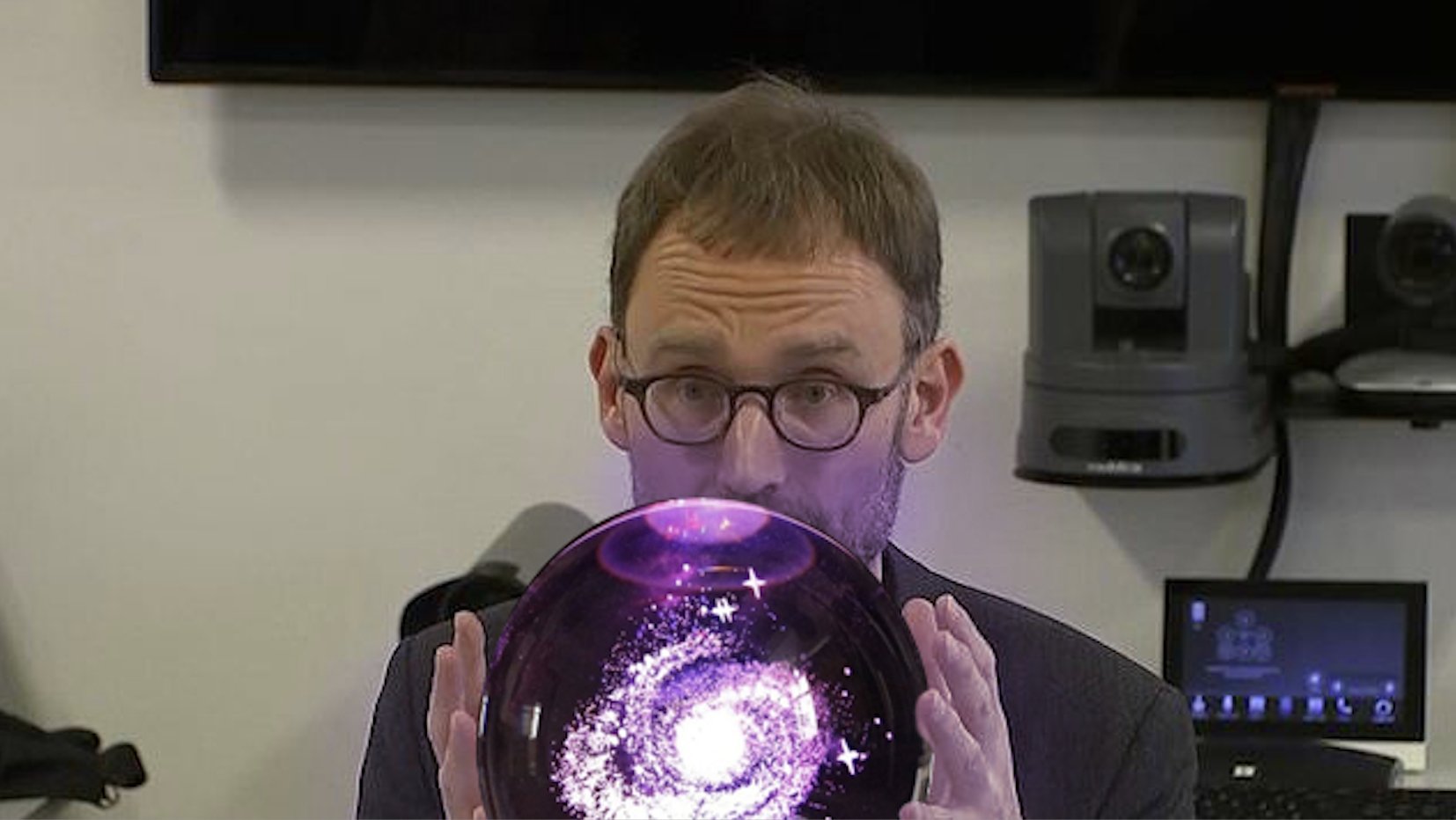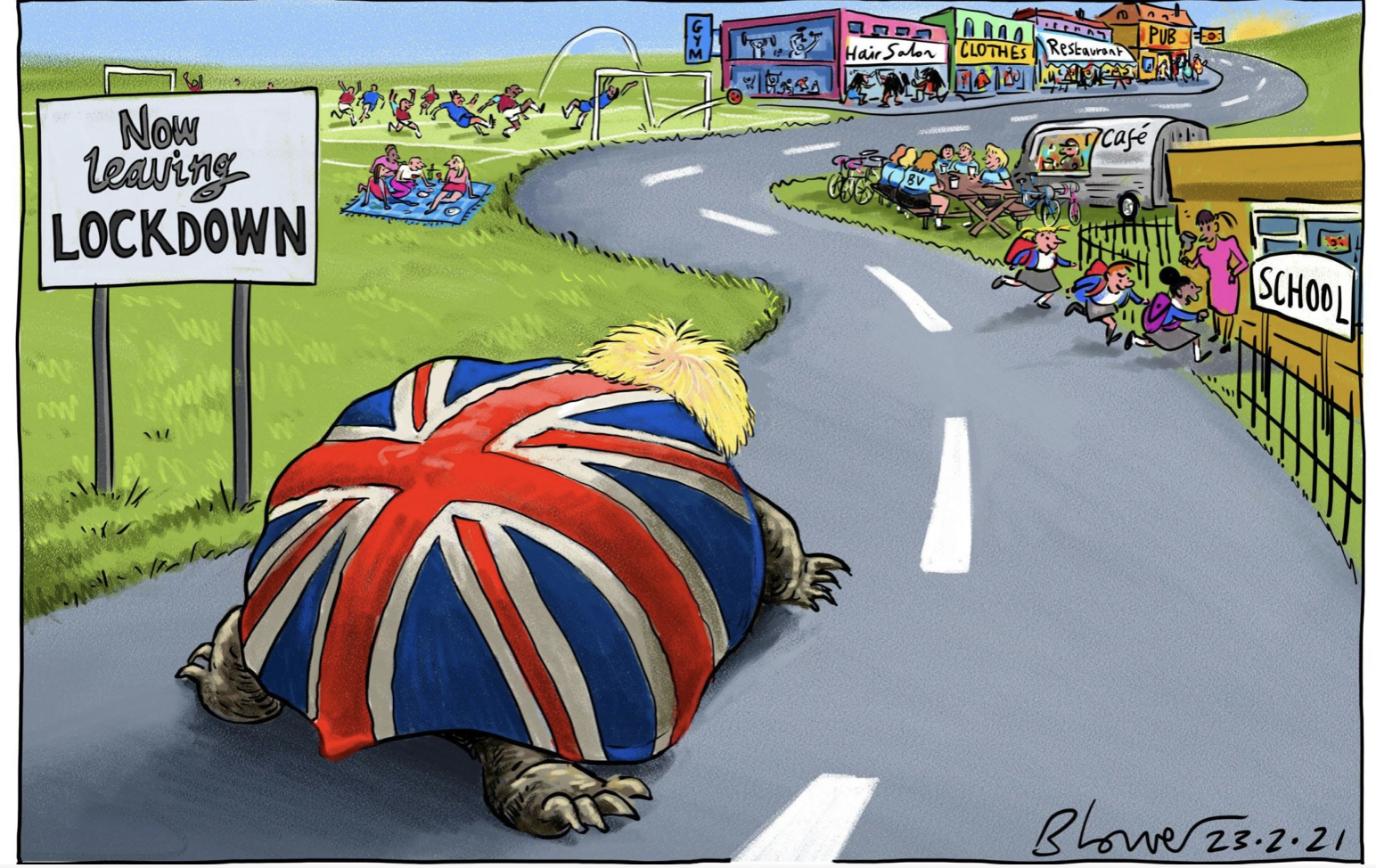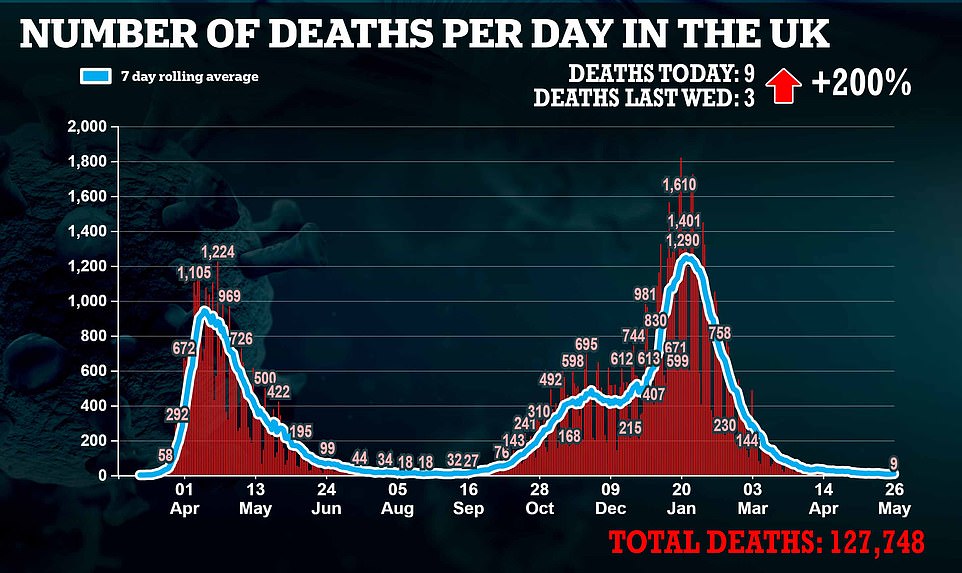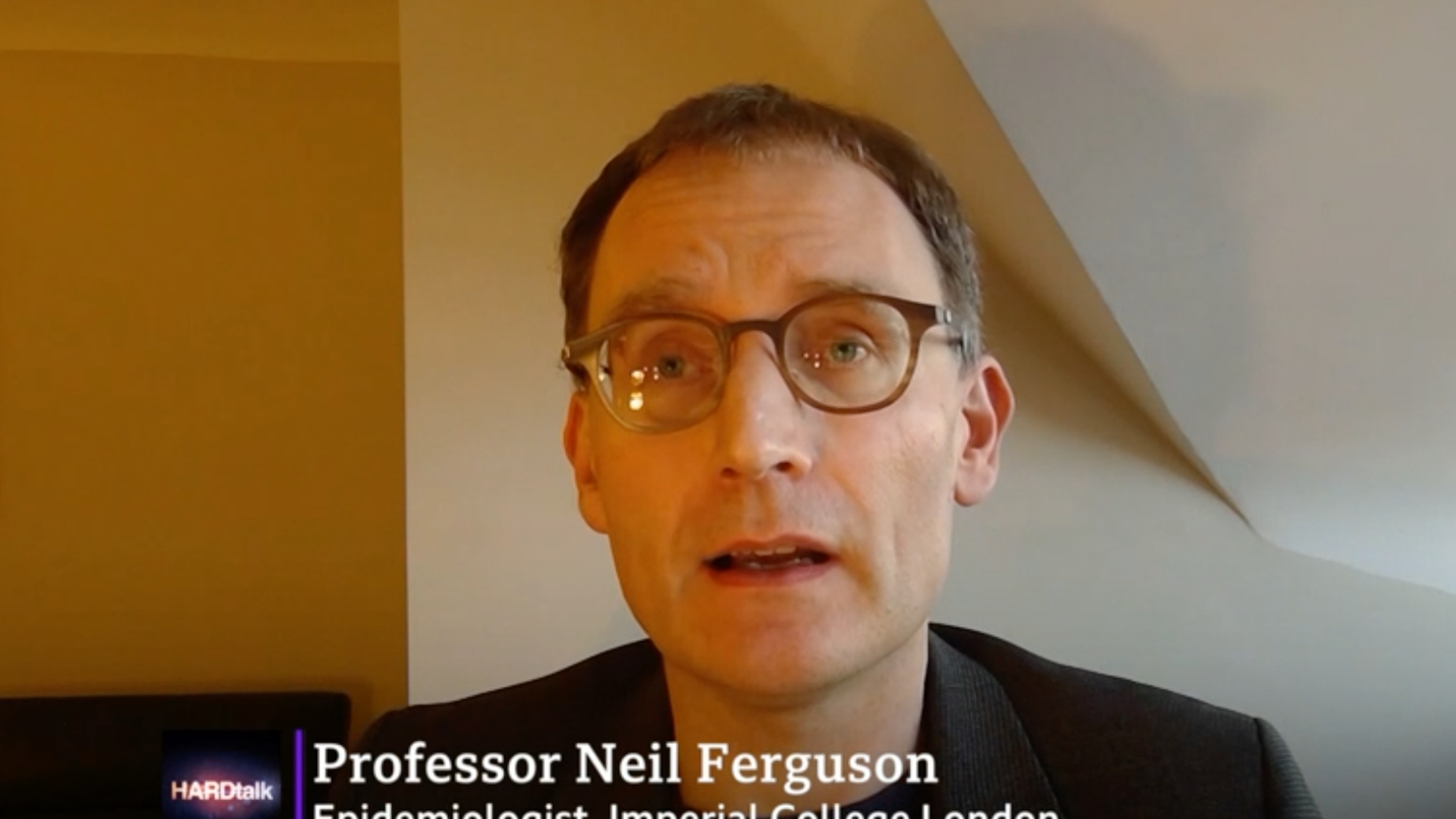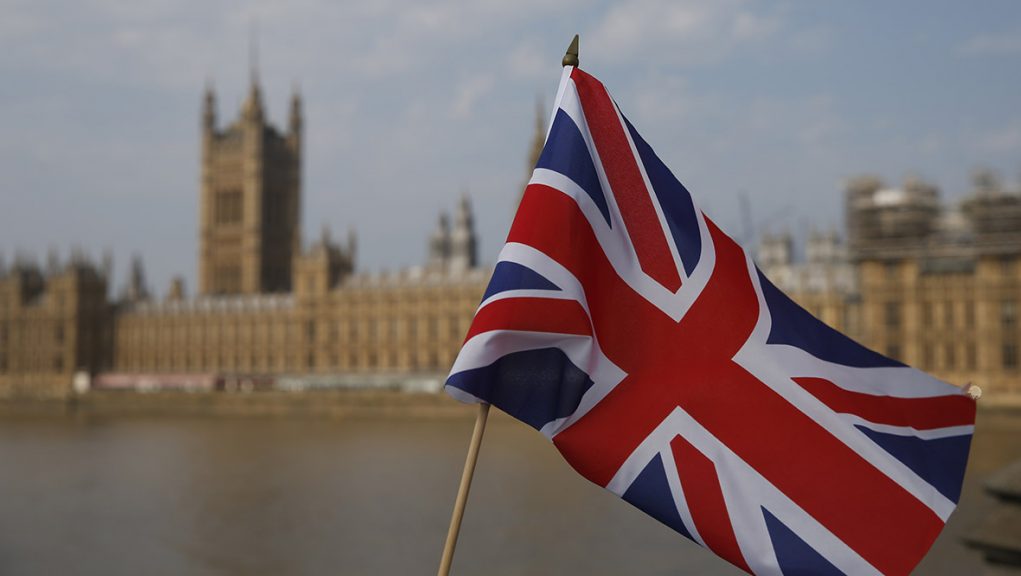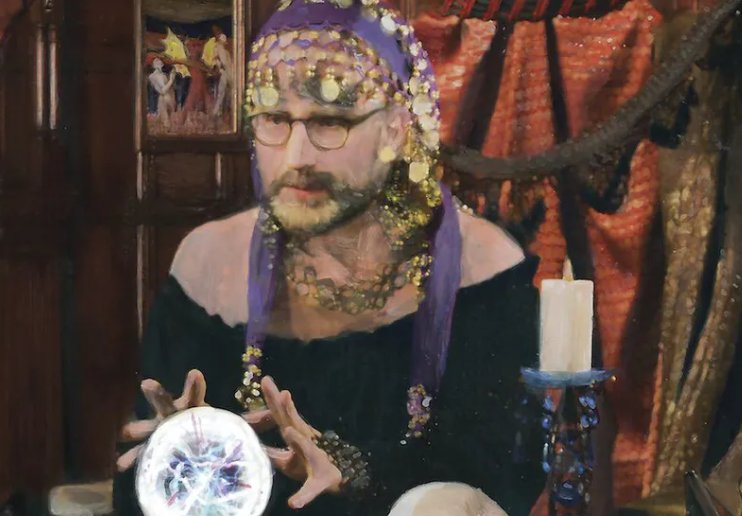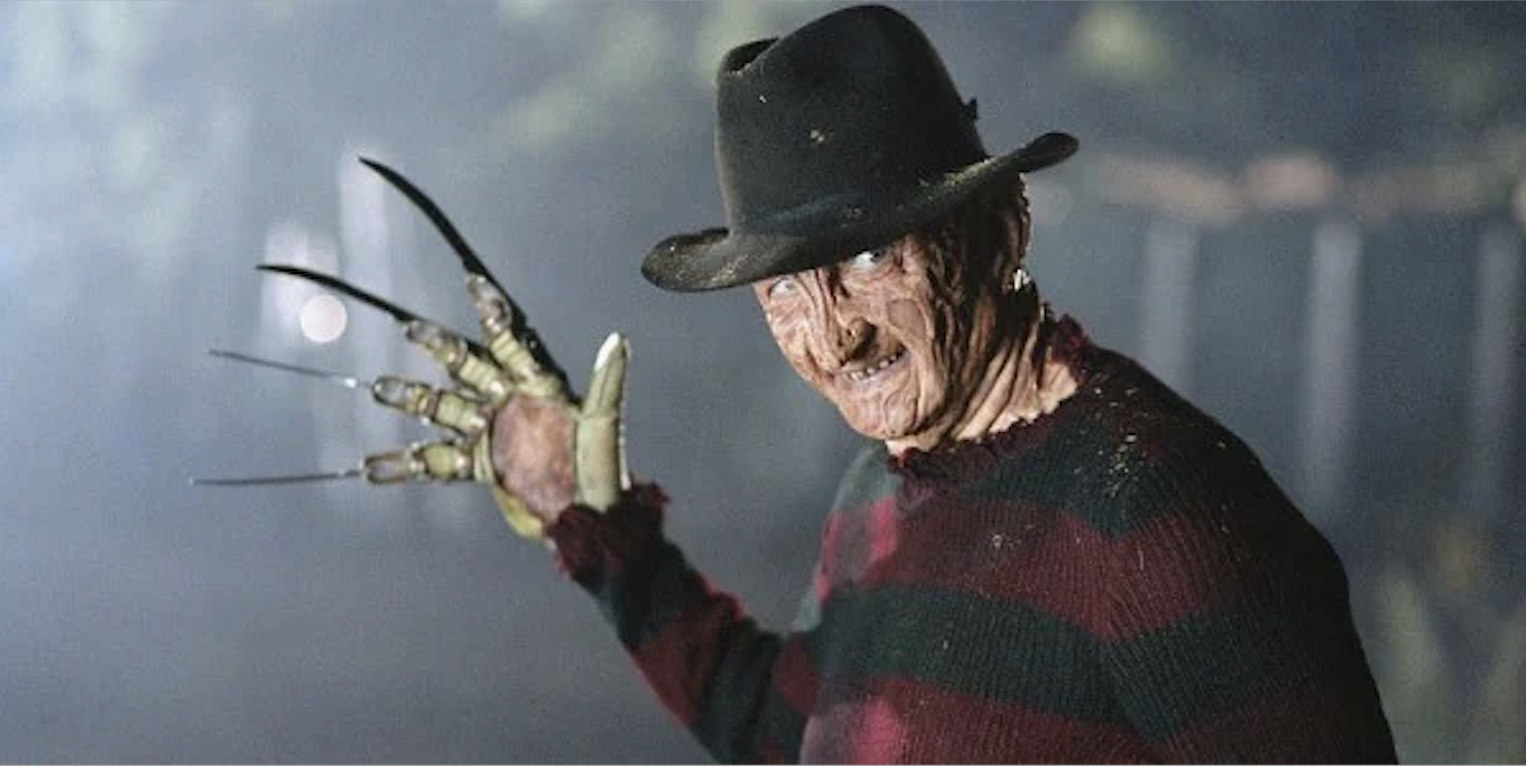News Round-Up
1 May 2024
EV Battery Timebomb
1 May 2024
by Sallust
The End of ‘Progress’
1 May 2024
The Historical Significance of Humza Yousaf
1 May 2024
How to Say “NO!” to Clearly Crazy Policy Ideas
1 May 2024
by Joanna Gray
How to Say “NO!” to Clearly Crazy Policy Ideas
1 May 2024
by Joanna Gray
EV Battery Timebomb
1 May 2024
by Sallust
The End of ‘Progress’
1 May 2024
The Case Against Net Zero
30 April 2024
